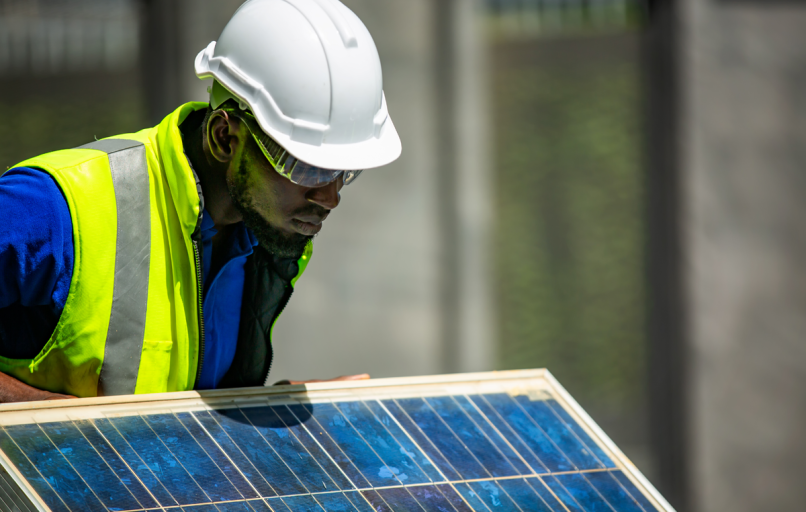Fostering Industrial Hubs for Energy-Transition Technologies in Africa: A G20 Action Plan
Africa is presented with a significant opportunity. With accelerating demand for renewable energy and clean technologies, the continent has the opportunity not merely to consume, but to produce and lead through the development of local value chains and industrial hubs for energy transition technologies.
The continent holds around 30 percent of the world’s reserves of key transition minerals such as cobalt, lithium, and nickel, essential for the production of key technologies, including solar PV modules, batteries, and electric vehicles. Several countries are also emerging as a vibrant ecosystem for manufacturing of such technologies led by local firms with ambitions to deepen value chains. By aligning investments, technology transfer, infrastructure, and regional and international trade frameworks, these hubs can deliver jobs, inclusive growth, and supply chain resilience while helping Africa move up the value chain.
This report, which is developed under SEforALL’s Green Industrialization Hub, proposes areas in which G20 action could advance efforts to develop industrialization hubs for energy-transition technologies in Africa.

